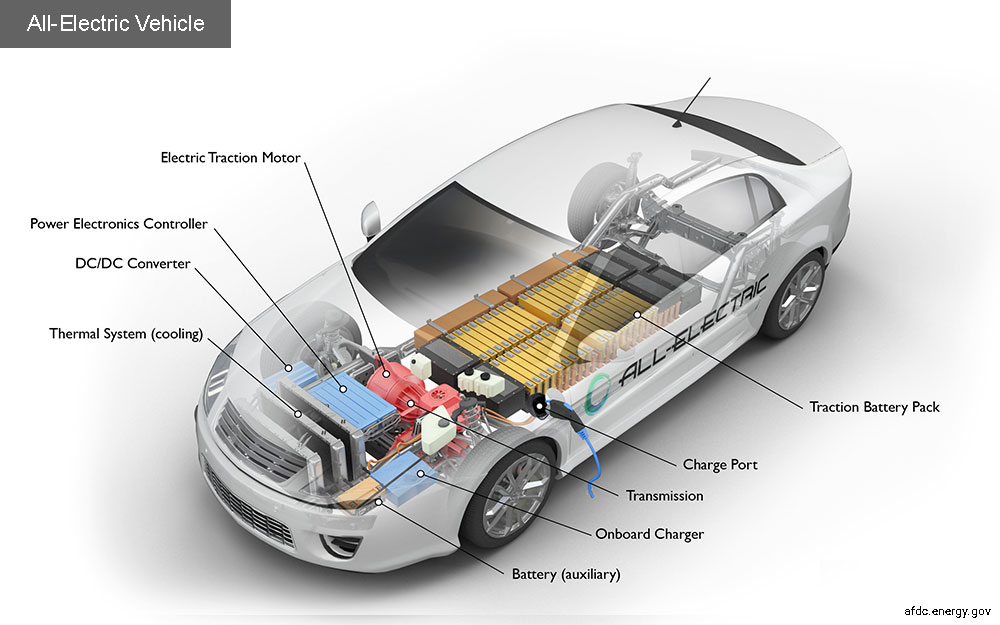3x Mall Insights
Exploring the latest trends and news in online shopping.
Electric Cars: The Silent Revolution on Wheels
Discover the future of driving with electric cars! Uncover why this silent revolution is changing the world on wheels.
How Electric Cars are Reshaping the Future of Transportation
The emergence of electric cars is significantly reshaping the future of transportation, driving a transformative shift away from traditional fossil fuels. As consumers become more environmentally conscious, the demand for electric vehicles (EVs) continues to rise. Not only do these vehicles produce zero tailpipe emissions, but they also offer improved energy efficiency compared to their gasoline counterparts. As more companies invest in EV technology, we can expect to see advancements in battery life, charging infrastructure, and overall vehicle design, making electric cars more accessible to the average consumer.
Additionally, the adoption of electric cars is influencing urban planning and transportation policies. Cities are increasingly integrating sustainable practices that prioritize public transit and reduce reliance on single-occupancy vehicles. This trend is paving the way for innovations such as autonomous electric vehicles and the development of smart cities. According to a report by the IEEE, integrating electric vehicles within smart city frameworks can lead to significant reductions in traffic congestion and overall emissions, highlighting the importance of EVs in achieving a more sustainable future.

Top 5 Myths About Electric Cars Debunked
As electric vehicles (EVs) continue to gain popularity, several myths about them persist that often mislead potential buyers. One common myth is that electric cars are too expensive for the average consumer. However, according to Energy.gov, numerous incentives and tax credits are available that can offset the initial costs significantly, making them more accessible than ever.
Another prevalent myth is that electric cars have limited range and are impractical for long trips. In reality, most modern electric cars can travel over 200 miles on a single charge, with some models exceeding 300 miles. The rise of charging infrastructure and fast chargers has further alleviated range anxiety, allowing drivers to travel longer distances with ease. Embracing the truth behind these myths can help consumers make informed decisions about their transportation options.
What You Need to Know Before Buying Your First Electric Vehicle
Buying your first electric vehicle (EV) can be an exciting leap into sustainable transportation. However, before making a purchase, it's essential to understand the range of options available and their implications. Factors such as battery life, charging infrastructure, and total cost of ownership are critical. According to the U.S. Department of Energy, many EVs now offer over 200 miles of range on a single charge, which can be suitable for most daily commuting needs. Investing in a home charging station can also improve convenience and accessibility, enhancing the overall ownership experience.
Another important aspect to consider is the incentives that come with owning an electric vehicle. Various government offers, including tax credits and rebates, can help offset the initial investment. For instance, the U.S. Department of Energy's website provides up-to-date information about available incentives in your state. Additionally, think about the long-term savings on fuel and maintenance costs, which can significantly reduce your total expenditure over time. By thoroughly researching and evaluating these elements, you can make an informed decision that aligns with your lifestyle and budget.